As two photographers piece together the story of one man and his family, they also reckon with the legacies of German colonisation in the present-day Republic of Cameroon
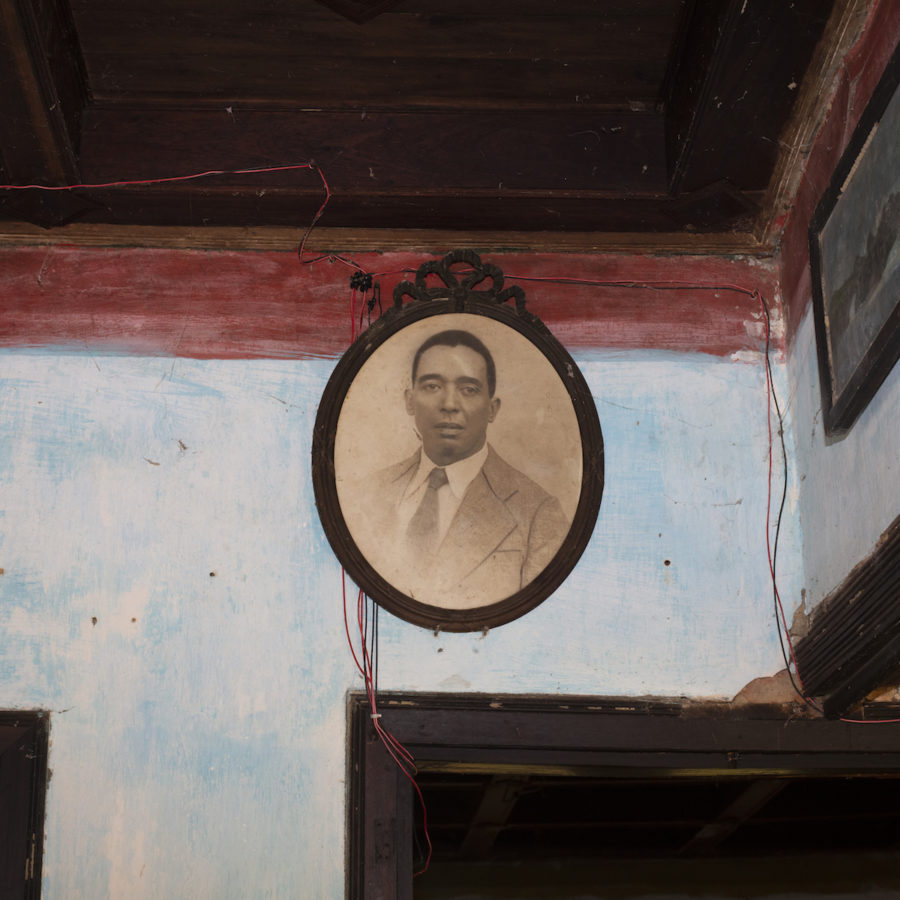

As two photographers piece together the story of one man and his family, they also reckon with the legacies of German colonisation in the present-day Republic of Cameroon
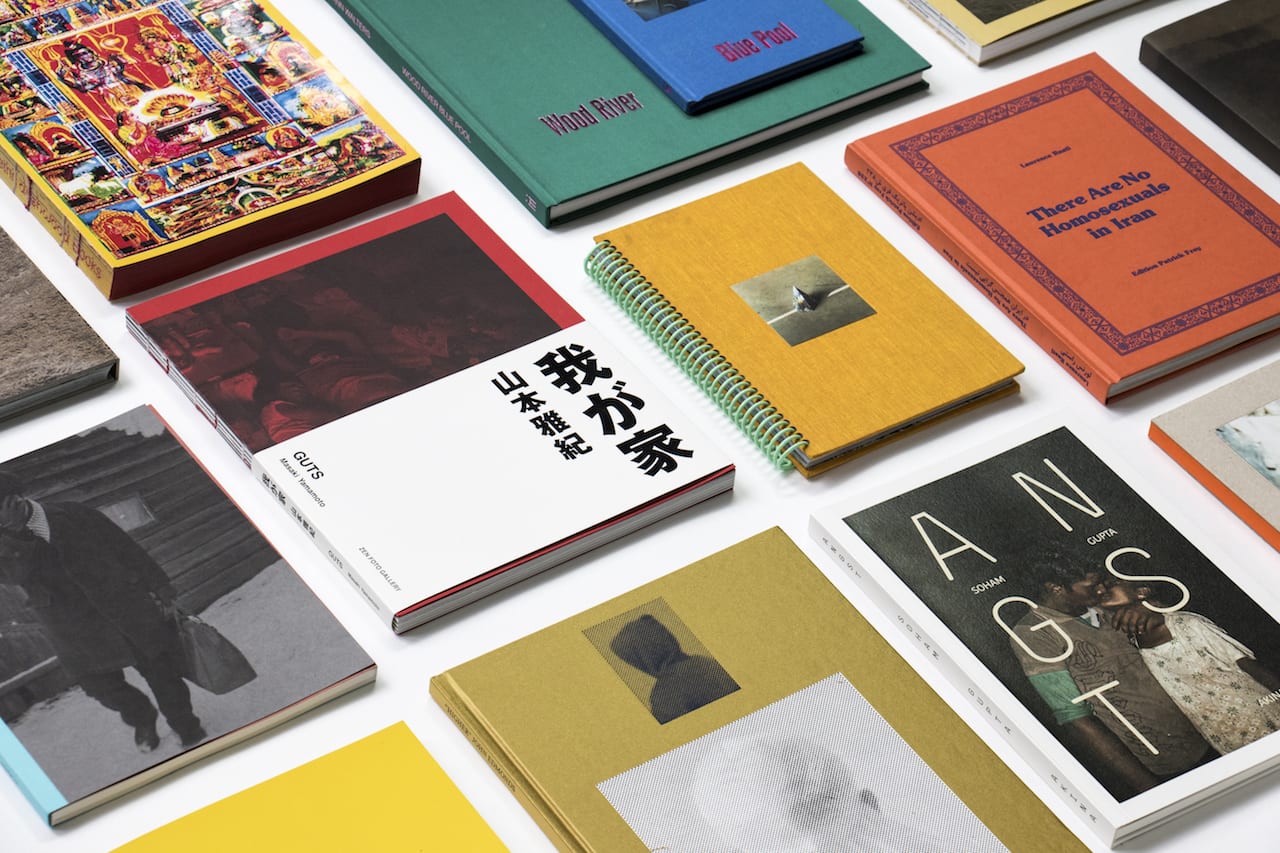
Laia Abril, Nina Berman, Sohrab Hura, and Carmen Winant are all in the running for the prestigious Paris Photo/Aperture Foundation Photobook of the Year Award, which will be announced on 09 November at Paris Photo.
In total ten books have been shortlisted for the award; in addition, 20 books have been shortlisted for the First Photobook, and five for the Photography Catalogue of the Year. All the shortlisted books will go on show at Paris Photo and at the Aperture Foundation in New York, then tour to various venues across Europe, as well as being featured in the Autumn 2018 issue of The Photobook Review. In addition the Photobook of the Year winner will receive $10,000.
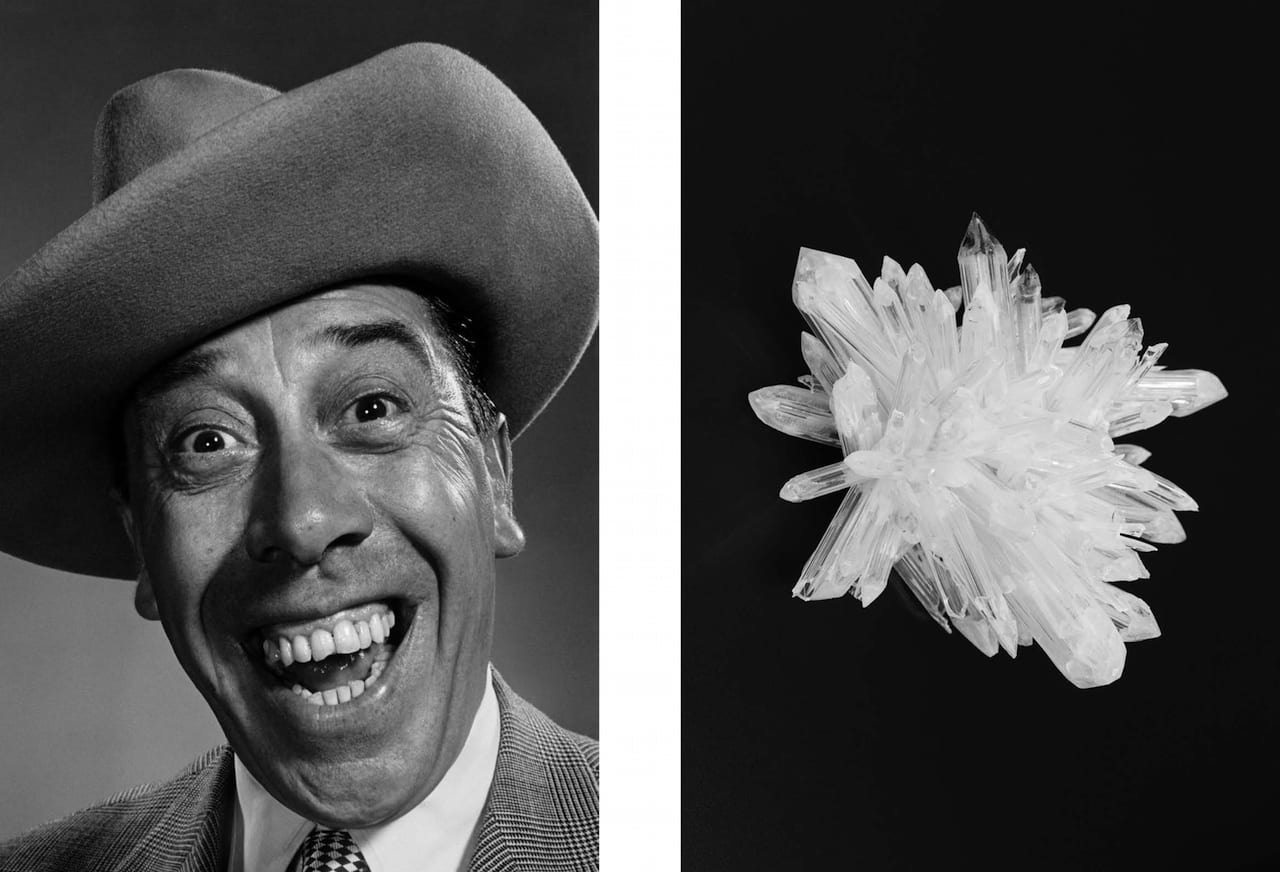
Three winners and one special mention have been announced for the 2018 Prix du Livre at Rencontres d’Arles – and in all four cases, the books use archival or found photography. The Author Book Award went to Laurence Aëgerter’s Photographic Treatment, which is published by Dewi Lewis; the Historical book award went to The Pigeon Photographer, a collection of images by Julius Neubronner published by Rorhof; and – controversially – the Photo-text Book Award went to Adam Broomberg and Oliver Chanarin’s War Primer 2, which was first published by MACK in 2011 but reissued in paperback this year. A special mention went to Giorgio Di Noto’s The Iceberg in the Author Book Award, which is published by Édition Patrick Frey.
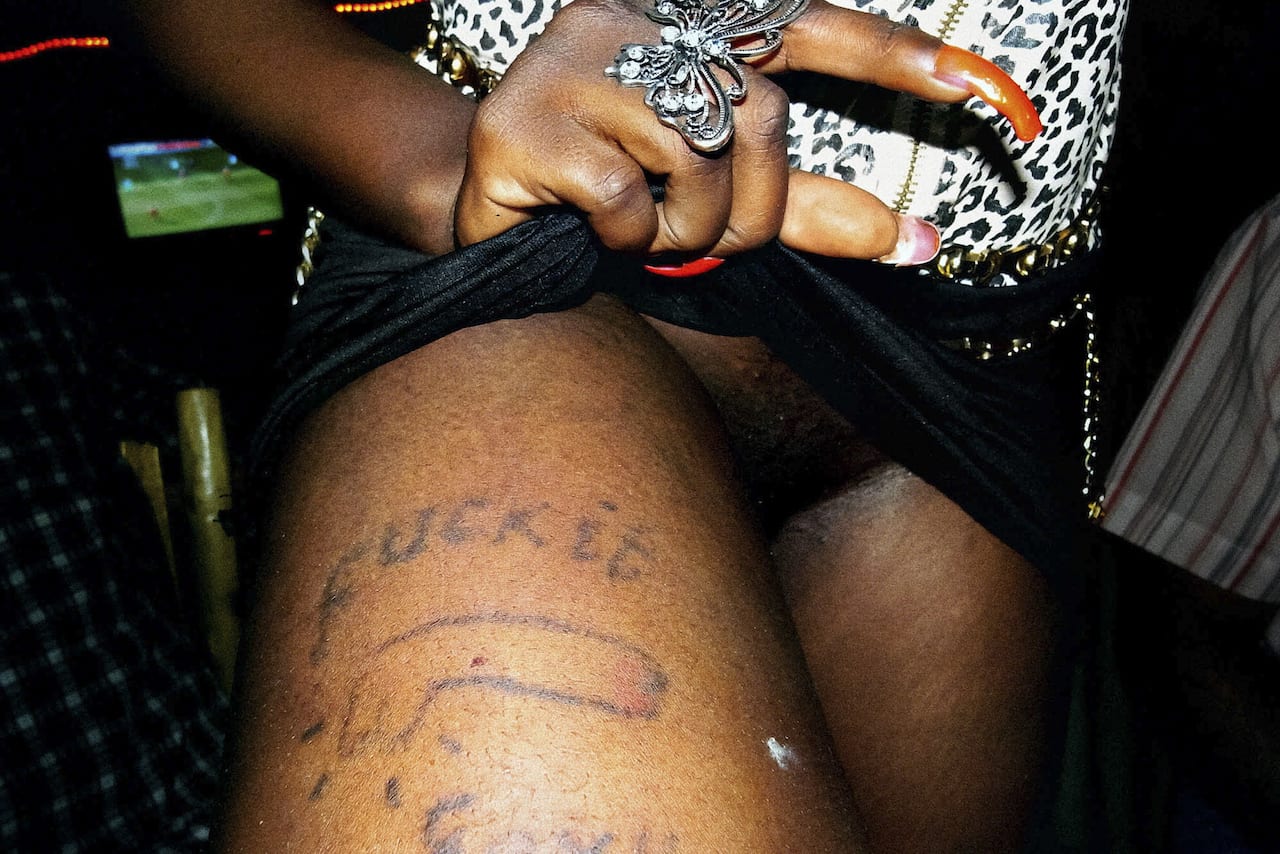
Late in 2010, Michele Sibiloni left the sleepy town in the Emilia Romagna region of Italy where he had lived all his life and moved to Kampala in Uganda, a city eight times larger. He had come to cover the lead up to the 2011 general election in the country, which many had predicted might depose its leader, following the lead of the Jasmine revolution in North African countries. But, despite the jitter, all Sibiloni witnessed once the voting had ended was the swearing-in of President Yoweri Museveni for his fourth term in office since he helped overthrow Idi Amin in 1979. Even so, Sibiloni was hooked. “It’s so different to where I come from,” he tells me, by telephone from his apartment in Kampala. “At the beginning I found it really chaotic, but the more time I spent here, and the more I got to know about the surrounding region of East Africa, the more fascinated I became. In fact, I got really excited.”
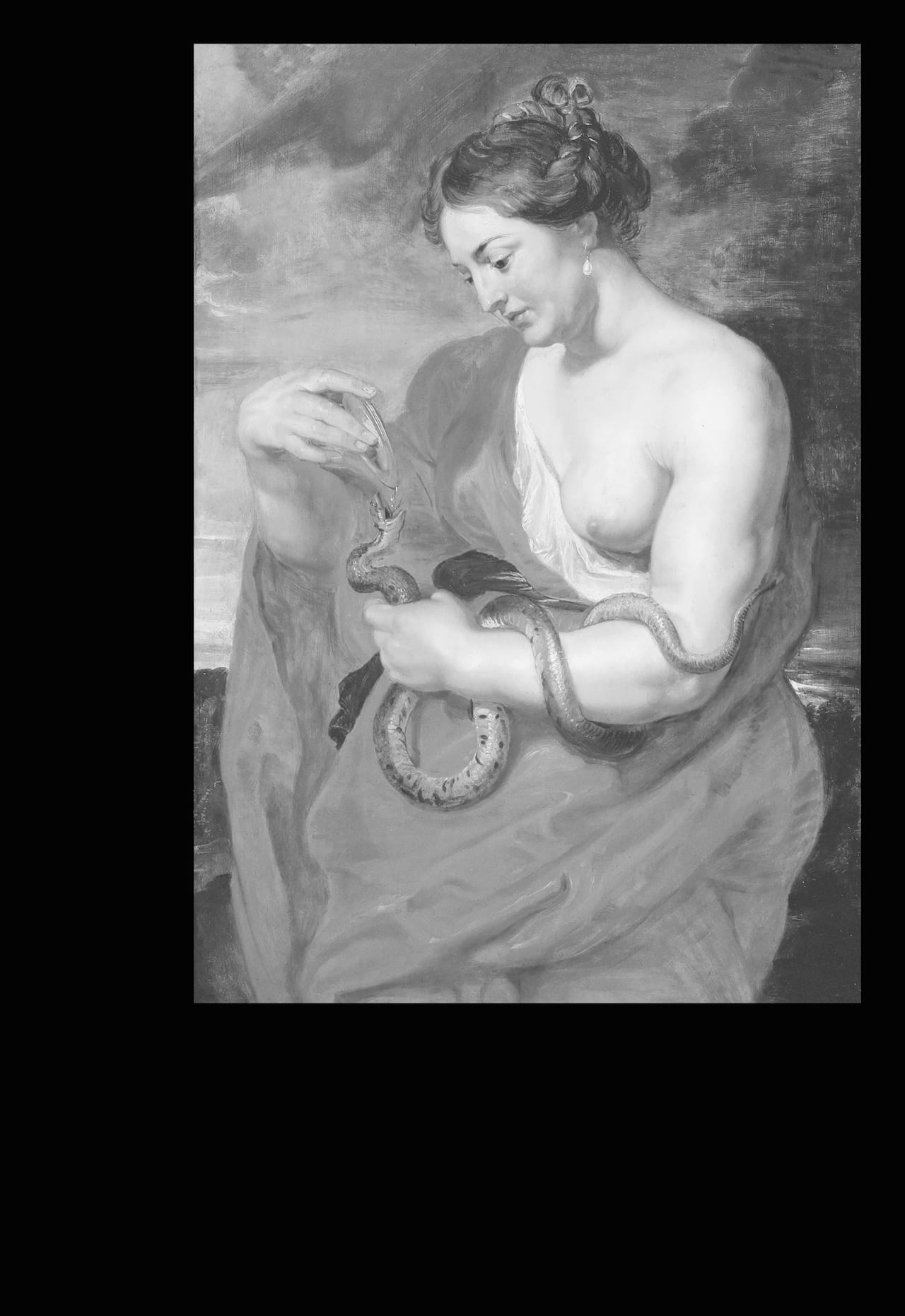
Federica Chiocchetti, the writer, curator, lecturer, and founding director of the photo-literary platform Photocaptionist picks out her top five of the year – including Giorgio Di Noto’s The Iceberg, published by Edition Patrick Frey
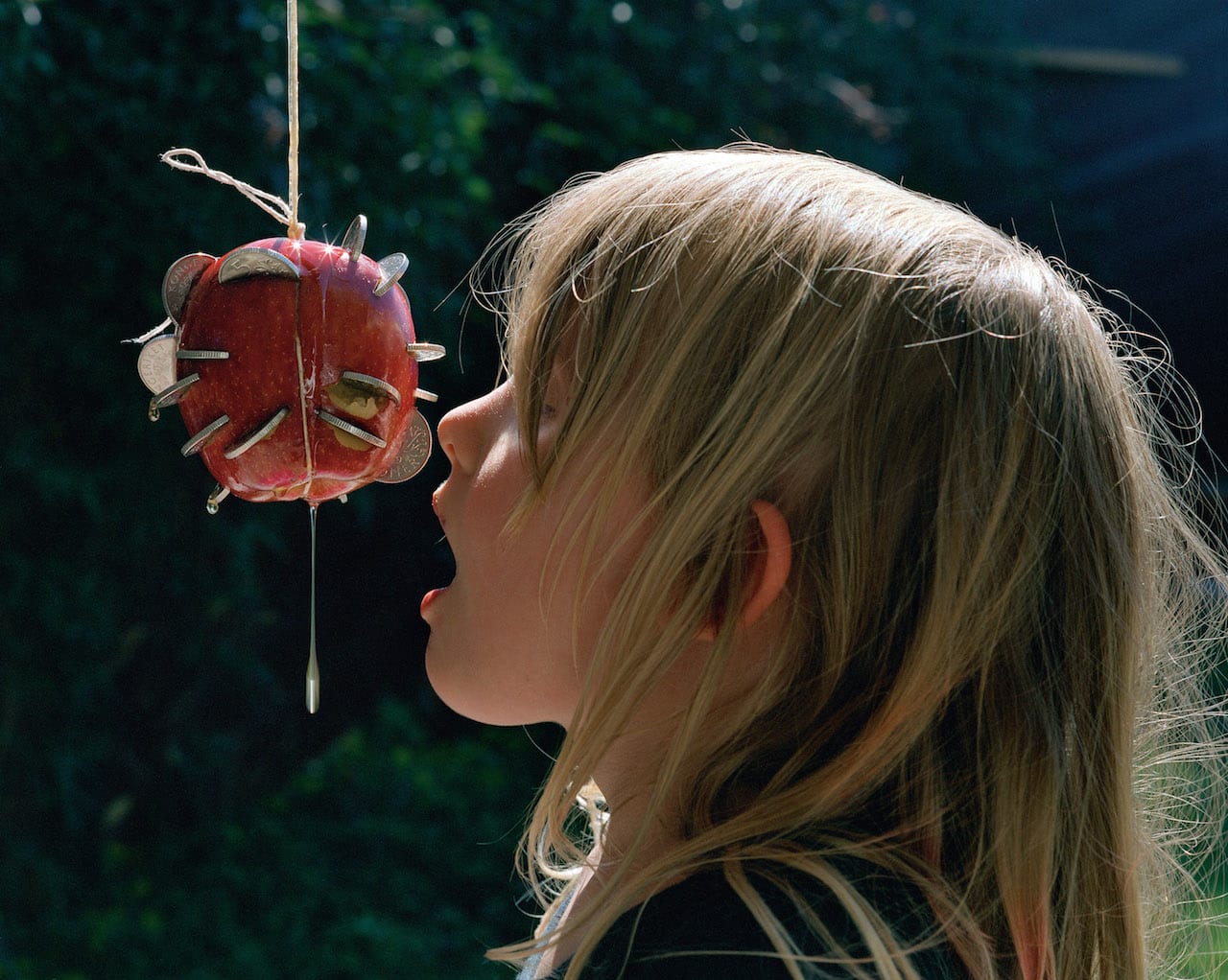
Lewis Chaplin and Sarah Piegay Espenon, founders of the publisher and design studio, pick out their top five of 2017 – including Torbjørn Rødland’s exhibition at Serpentine Sackler Gallery

The writer, curator, lecturer, and founder of Self Publish, Be Happy picks out his top five of the year – including Shanghai-based studio Same Paper

The editor of Vice Magazine UK picks out his top five of 2017 – including Lewis Bush’s Shadows of the State
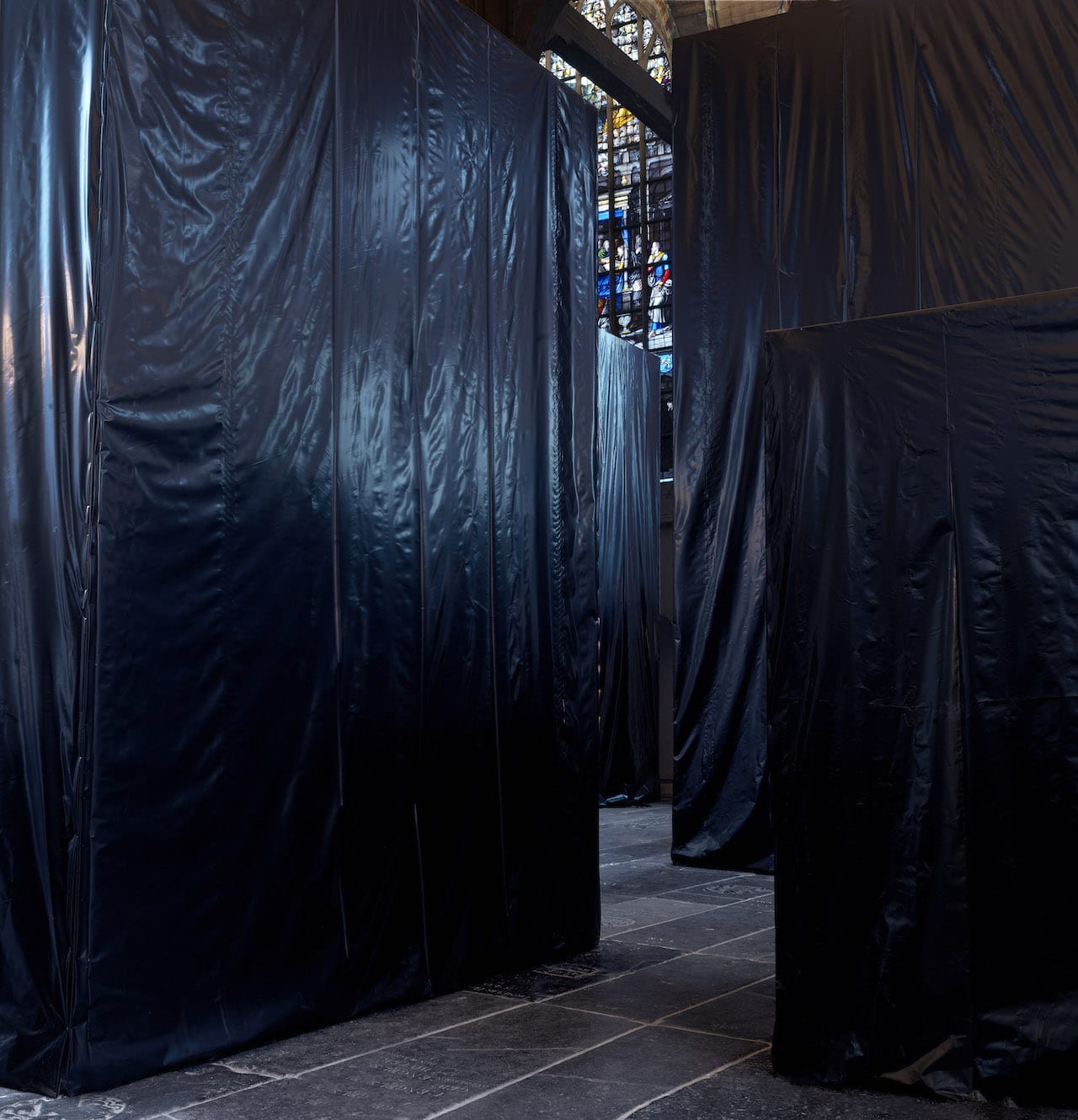
Christian Boltanski’s After in Amsterdam’s Oude Kerk This recently-opened exhibition in the Oude Kerk in…
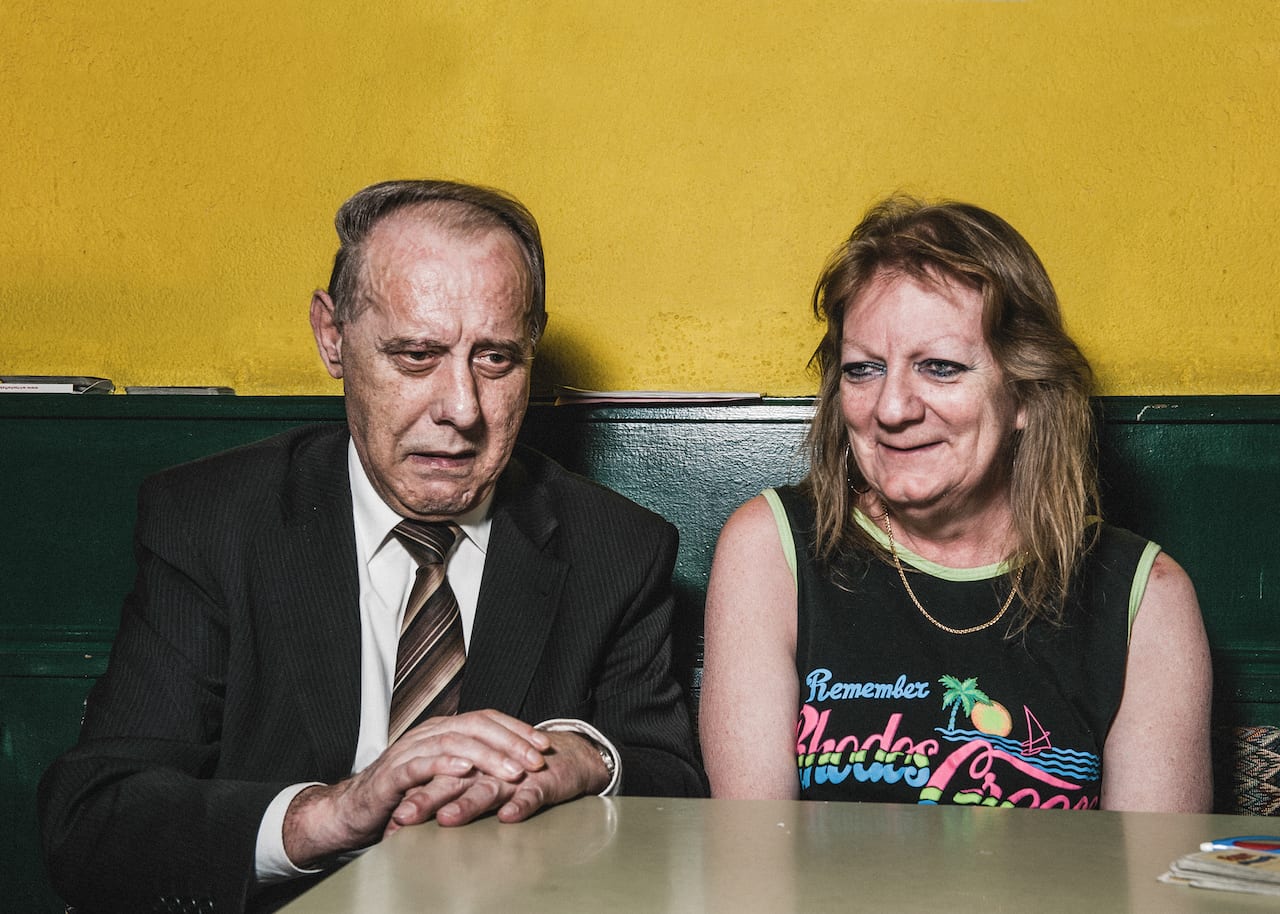
“They are places you go to when you’ve lost everything – but not before,” says Klaus Pichler of the Viennese bars that feature in his latest book, Golden Days Before They End, released in June and now in its third reprint. It’s one of two books Pichler shot in 2016. The other, This Will Change Your Life Forever, currently in the design stage and due to be published in October, is a sarcastic critique of the esotericism industry and the photography that feeds it. Pichler collaborated on Golden Days with journalist Clemens Marschall, who was familiar with Vienna’s rapidly disappearing old dive bars and the often ‘colourful’ patrons that clung to them. “Clemens has always gone to these bars,” explains Pichler. “He doesn’t like to go to fancy places. Five years ago he noticed that these bars are beginning to close down because of increased regulation, an inability to adapt to a changing city, and a dying clientele.”